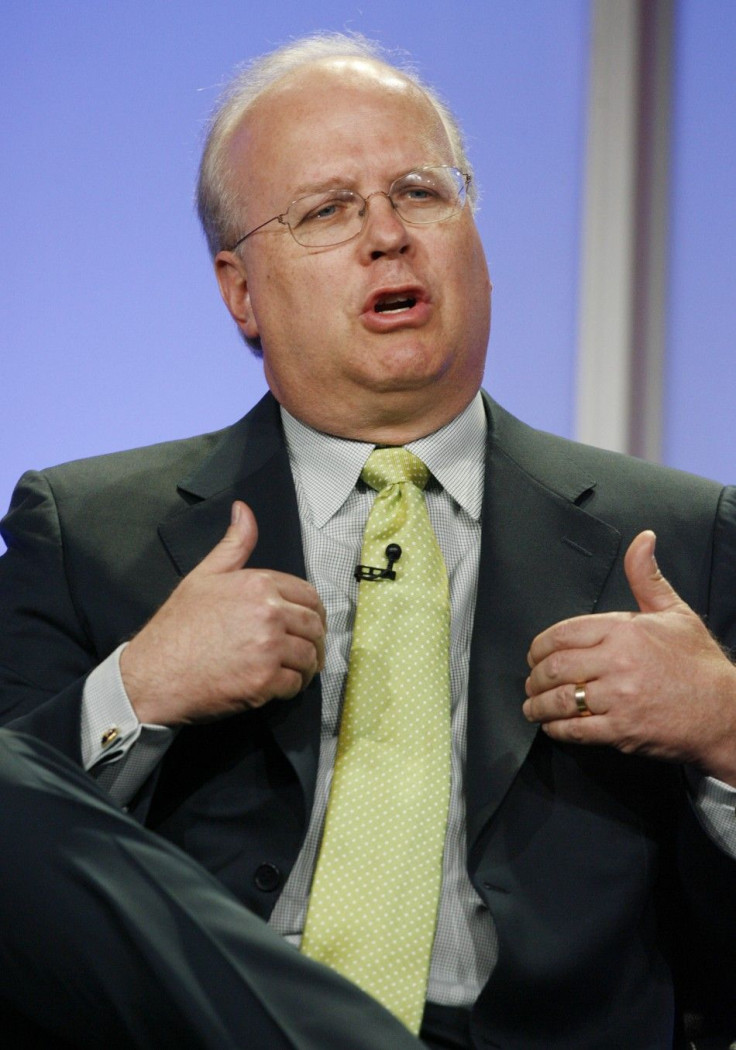Republican Super PACs Far Outpacing Democrats In Fundraising

In a political battlefield newly dominated by the Super PAC, Republicans are winning.
Republicans looking ahead to what promises to be a historically expensive election have spent months calling for an all-out fundraising push to counteract President Barack Obama's fundraising advantage. So far, pro-Republican Super PACs have vastly outraised Super PACs supporting Democratic candidates and causes, Roll Call reported.
According to Roll Call, Super PACs allied with Republicans have raised a whopping $156.5 million this election cycle, an amount that dwarfs the $43.4 million pulled in by Super PACs aligned with Democrats.
Made possible by the Supreme Court's Citizens United decision, which eased restrictions on campaign spending, Super PACs can raise and spend unlimited amounts of money so long as they do not coordinate with candidates.
That rule is easily circumvented, and the political clout of Super PACs was on display during a Republican primary season in which Super PACs supporting various candidates flooded the airwaves with political advertisements. The respective Super PACs supporting Mitt Romney, Newt Gingrich and Rick Santorum had raised a combined $84 million as of May 9, according to the money-tracking Center for Responsive Politics.
Obama has been an outspoken critic of how the Citizens United decision is flooding politics with a deluge of outside spending, much of it untraceable. But he has overcome his aversion to Super PACs enough to begin urging donors in February to start funneling money into the Priorities USA Action Super PAC, which is focused on re-electing him.
This cycle, our campaign has to face the reality of the law as it currently stands, Obama campaign manager Jim Messina wrote in a message to supporters. With so much at stake, we can't allow for two sets of rules in this election whereby the Republican nominee is the beneficiary of unlimited spending and Democrats unilaterally disarm.
Priorities USA Action has seen its its contributions go up substantially, from $58,815 in January to $2.5 million in March, as Mitt Romney's all-but-certain coronation shifts the action from the Republican primary to the general election. But Priorities USA still lags behind its Republican counterparts.
Many liberal donors have reportedly called for a shift in focus from Super PAC ad buys to grassroots organizing aimed at mobilizing voters. That has faced criticism from some top Democrats, who say there is more need for ad spending than for donors to add to the Obama campaign's already formidable get-out-the-vote operation.
The idea that these progressive groups are essentially re-creating the wheel is perplexing and troubling, David Krone, chief of staff to Senate Majority Leader Harry Reid, D-Nev., said to the New York Times. Why go off and build a redundant grassroots and get-out-the-vote organization that the Obama campaign is clearly invested in?
© Copyright IBTimes 2025. All rights reserved.





















